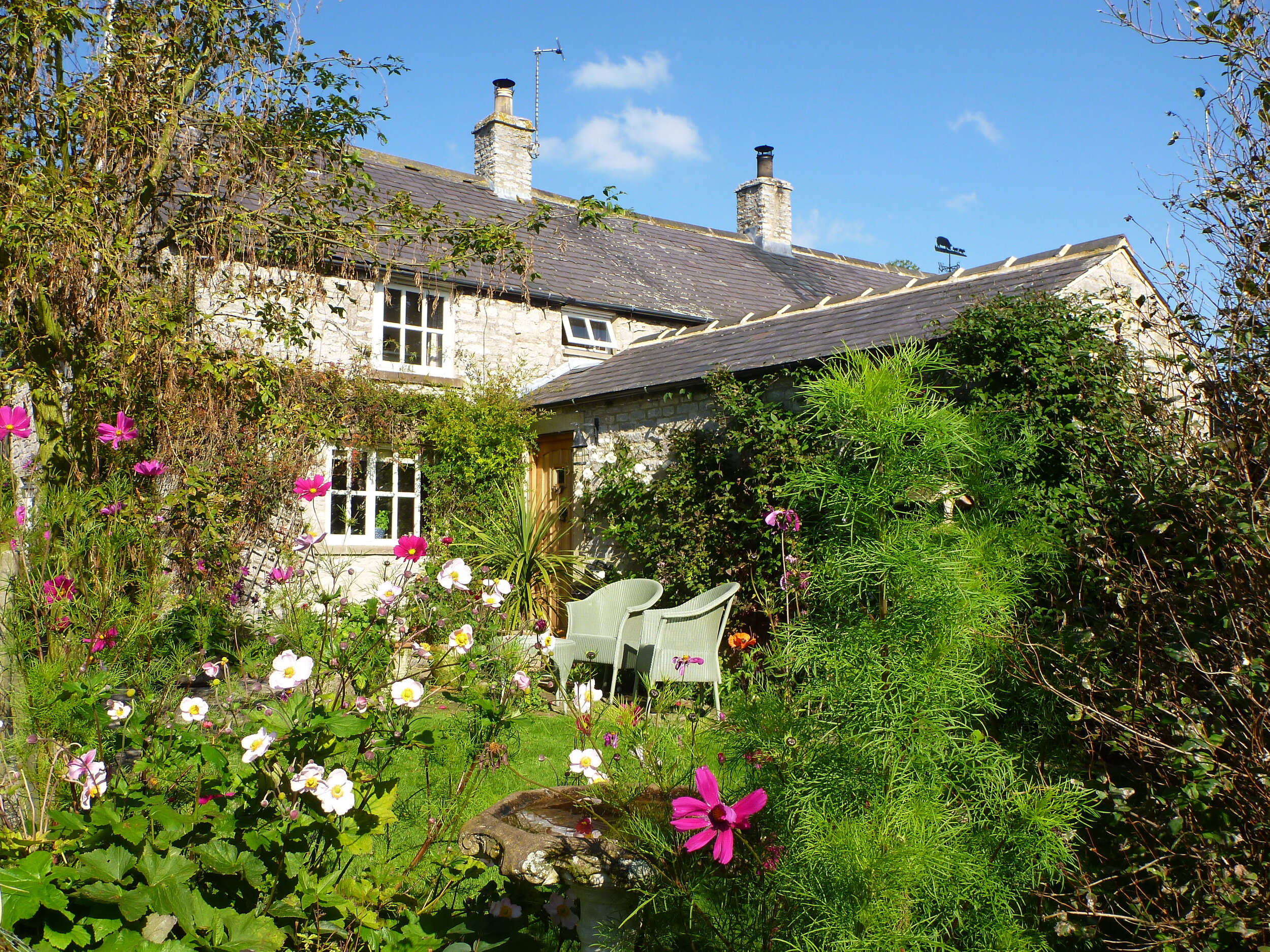
Furnished holiday letting
Being a Bakewell Accountant based in the heart of the beautiful Peak District National Park a large proportion of my clients are involved in the business of Furnished Holiday Letting (FHL). Careful consideration needs to be given to setting up your property business. So before you buy your property or if you have already bought it, why don't you call me to discuss your particular requirements.
Special tax rules apply to FHL. They are generally advantageous so care must be taken to follow them correctly.
Rental income from FHL is treated as trading income and is accounted for on the simplified cash basis (where property income is less than £150,000). All expenditure incurred wholly and exclusively for the purposes of the property business is allowed as a deduction from income.
Unlike residential property letting, where allowances for furniture and equipment can only be claimed on a replacement basis, capital allowances can be claimed if the property qualifies as an FHL.
Unlike residential property letting, mortgage loan interest on FHL is fully tax deductible.
So right from the start you need to make sure that your business will qualify as FHL. The rules are:
The FHL property must be available for commercial holiday letting to the public for at least 210 days per year AND be actually let as holiday accommodation for 105 days per year.
It must not normally be let for a continuous period of more than 31 days to the same tenant in seven months of the year.
There are two ways to help owners of FHL businesses to reach the above thresholds.
If an owner owns more than one FHL the ‘averaging’ election might be helpful.
If a FHL property meets the thresholds in some years but not in others, then a ‘period of grace’ election is currently available.
Pre-letting expenditure
Revenue expenditure incurred in the pre-letting period, such as advertising costs or repairs can be deducted against rental income received during the first tax year.
Expenditures incurred in renovating a property so that it is brought into a condition fit for letting are treated as capital costs and cannot be deducted from rental income. They can however be deducted from Capital Gains Tax on the subsequent disposal of the property.
Ownership
Consideration should be given to the ownership of the property. Should this be as an individual, jointly with your spouse / civil partner or through a company? This consideration will depend upon your personal tax situation and your plans for the future (including pensions).
Normally where assets are held jointly by married couples / civil partners the income is split equally, unless the income is split according to the beneficial entitlement. This is not the case with FHL as they are specifically excluded from this treatment. The income can be split by reference to the actual work done in letting the property. So, if one spouse carries out all of the work then the income can all be accounted for on that spouse’s tax return. This is particularly useful if that spouse is a lower rate tax payer and the other spouse is a higher rate tax payer. However, on enquiry by HMRC, it would be necessary to demonstrate that the first spouse did indeed carry out all of the work in letting the property, otherwise it could fall foul of the ‘settlements legislation’ and be taxable on the higher rate taxpayer.
If the property is owned through a company it will not pay capital gains tax on any subsequent property disposals. It will instead pay corporation tax. Capital gains tax may be payable on the subsequent disposal of the FHL company’s shares.
Profits retained in the company are only subject to income tax when distributed as dividends. This can be useful if you are a higher rate tax payer.
Capital gains tax (CGT) advantages of FHL
Qualifying FHL properties continue to be treated favourably for CGT.
FHLs are classified as ‘business’ assets and are therefore eligible for Business Asset Disposal Relief (BADR) - resulting in a CGT reduced rate of 10% payable on any capital gains arising on the disposal of the property (up to a lifetime limit of £1 million). BADR is available on the disposal of the FHL company shares rather than the FHL properties.
Replacement of Business Asset Relief - which allows a capital gain arising on the disposal of a FHL property to be deferred by setting it against the cost of a replacement business asset acquired within three years of the disposal.
VAT position of FHL
An owner must register for VAT where the rents from FHL (including turnover from an unregistered business) exceed £85,000 in a 12 month period.
If the FHL business also includes commercial and / or residential letting it will be necessary to follow the partial exemption rules whereby input VAT is only re-claimed if certain tests are met. This can be a tricky accounting exercise.
Businesss rates
If the property is available to let for 140 days and actually let for 70 days it will be liable for business rates rather than council tax. The property may qualify for Small Business Rates Relief. In addition it will not be subject to the Council Tax Premium which was introduced in 2023.

